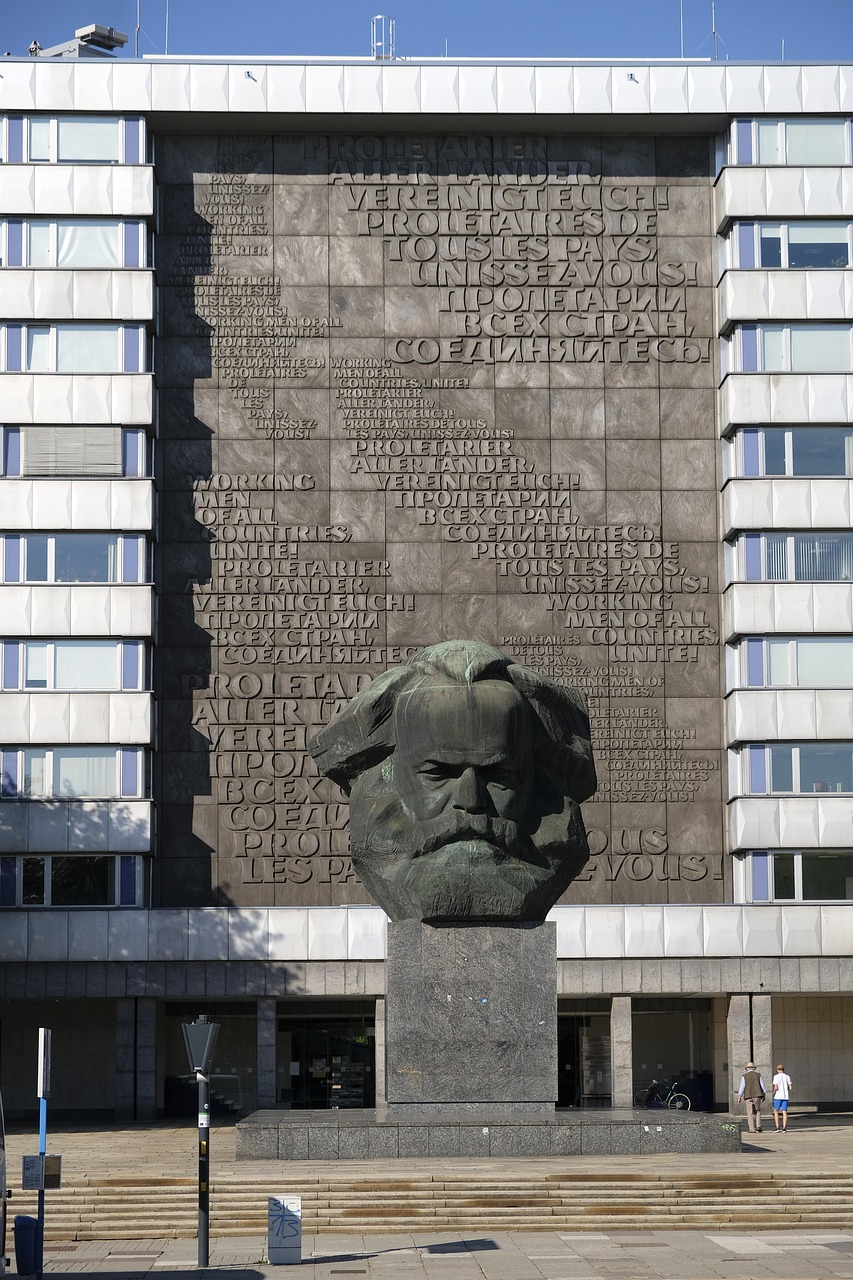 The Euros Final was the first football match I’d watch in two decades. And unlike most of my friends here in Scotland, I was supporting England. I was disappointed that England came so close and then lost on penalties. I then retired to my bedroom and moved on. Unfortunately, some England fans did not, and a handful of them sent racist abuse to three England players – Marcus Rashford, Bukayo Saka, and Jadon Sancho.
The Euros Final was the first football match I’d watch in two decades. And unlike most of my friends here in Scotland, I was supporting England. I was disappointed that England came so close and then lost on penalties. I then retired to my bedroom and moved on. Unfortunately, some England fans did not, and a handful of them sent racist abuse to three England players – Marcus Rashford, Bukayo Saka, and Jadon Sancho.
This was quickly followed by claims that some racist tweets were evidence of systemic racism in the country. However, the follow-up to the Euros final provides more evidence that Britain is not a systemically racist country, which the Sewell Report already made clear earlier this year.
In response to the racist messages, the Prime Minister, the Home Secretary, the Duke of Cambridge, the Deputy Leader of the opposition, and the England manager have all issued public condemnations of the vile racists targeting these three players. The outrage over these messages has pervaded social media, and traditional media. The police are even (rightly or wrongly) investigating them. This massive social and institutional revulsion toward racism demonstrates a fact that most of us already know – the country is not systemically racist.
Priti Patel came under fire for refusing to brand as racist the people booing the taking of the knee at football matches. This is hardly evidence of systemic racism, since taking the knee is a political gesture that has become, to many, synonymous with the radical BLM movement. Of course, the Home Secretary has faced a great deal of racist abuse before and since the Euros final, but this has failed to receive the same level of outrage.
Surely the fact that there are black players in the England football team is a clear sign that we are not a systemically racist country. The fact that our nation has a great many politicians of ethnic minority backgrounds should also reveal that we have made a lot of progress on race-relations.
The aforementioned Sewell report argues that, while there are still some disparities between racial groups on issues such as socio-economic status and Covid susceptibility, the rush to blame these disparities on structural racism forgoes a more nuanced analysis that reveals other driving factors, such as geography, occupation, and intergenerational living.
The recent Runnymede Trust report contradicts the Sewell report by making the mistake mentioned above. It assumes institutional racism as the root cause of disparities in education, health, and earnings, as pointed out by Don’t Divide Us in their brilliant analysis of the report. Again, this ignores the far more complex picture involved in these disparities. The Runnymede Trust has submitted their report to the UN, arguing that the structural racism in England is a violation of human rights. It would be rather ironic to have the UN investigate a human rights abuse scandal that is not happening, while famously ignoring all the human rights abuses that are taking place in China, Iran, and Venezuela.
Racism still exists, of that there is no doubt. Sadly, there will always be racist people, but they are not reflective of the state or society as a whole. Again, the footballers had a lot more people defending them than attacking them; the Chancellor, the Home Secretary, and the Business Secretary are all of ethnic minority backgrounds; and every public figure of any consequence has condemned the racist messages. Once we accept that racism is an individual problem and not a structural one, we can deal with it more effectively, and stop blaming our tolerant nation for the actions of a few of its citizens.














